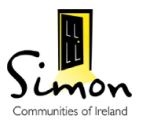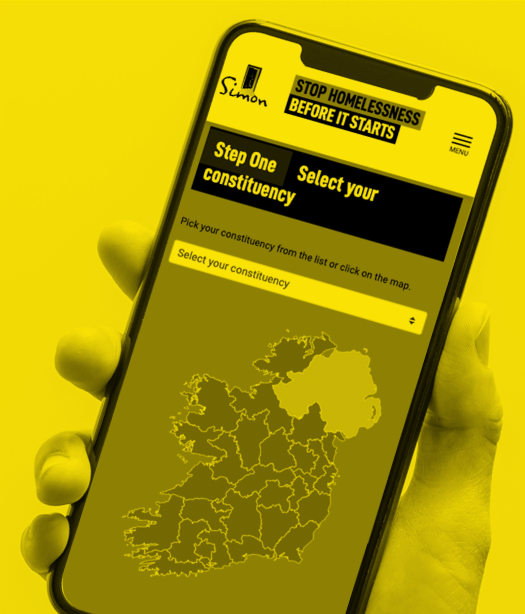Upward trend cannot be normalised, says Simon
The homelessness and housing organisation was responding to figures released for March 2019 by the Department of Housing, Planning, Community and Local Government, which show that 10,305 men, women and children were in emergency accommodation from March 25th to 31st. The numbers show that an additional 318 people went into emergency accommodation between January and March. According to the new figures:
- 10,305 men, women and children are now in emergency accommodation, an overall increase of 6.4% since March 2018, when the figure was 9,681.
• 1,733 families are living in emergency accommodation, an increase of 0.8% from March 2018, when the figure was 1,720 families.
• 3,821 children are stuck in emergency accommodation, an increase of 4.8% compared with March 2018, when the figure was 3,646 children.
Paul Sheehan, spokesperson for the Simon Communities, says the figures are far too high, and that stronger tenant protections are needed to prevent further intensification of the crisis.
“The latest numbers sadly highlight the fact that there continues to be an upward trend in the number of people in emergency accommodation every month. This situation can not become normalised.
“We also must not forget those people not included in these figures; people sleeping rough or surviving in squats, women and children in refuges, people in direct provision and those who are ‘hidden homeless’ – people staying with family or friends as they have nowhere else to go. There are also many thousands more living with housing insecurity, living with daily uncertainty not knowing of they will have a home next week or next month. This is no way for people and families to live.
“Security of tenure and rent certainty are critical to preventing homelessness. Without an accessible private rental sector or affordable housing, people have nowhere to go if they cannot afford to rent; this isn’t fair. While the pace of building much-needed social and affordable homes is improving, it must be accelerated to meet the demand as there is currently an overreliance on the private rental sector. There also must be a concerted focus on prevention, to ensure that people don’t lose their homes in the first place.
“The people trapped in emergency accommodation need secure and affordable homes, with support where needed. There must be a collective focus on developing solutions to end this crisis once and for all. For that reason, the Simon Communities of Ireland believe it is vital that the State, in conjunction with Local Authorities and Approved Housing Bodies, continue to build and invest in social and affordable housing across all tenure types nationwide.”
For media queries and interview requests
Liam Corcoran
Communications & Campaigns Officer
Tel: 085 806 5141
E: communications@simoncommunity.com
About Simon Communities
The Simon Communities support over 13,000 men, women and children. We have 50 years of experience providing homeless, housing and treatment services to people facing the trauma and stress of homelessness. We are a network of independent Communities based in Cork, Dublin, Dundalk, Galway, the Midlands, the Mid West, the North West and the South East, responding to local needs and supported by a National Office in the areas of policy, research, communications and best practice. We share common values and ethos in tackling homelessness and, informed by our grassroots services, we campaign for more effective policies and legislation regionally, nationally and at European level. Whatever the issue, Simon’s door is always open for as long as we are needed. For more information, please visit www.simon.ie.
Services include:
- Homelessness prevention, tenancy sustainment and resettlement.
- Street outreach, emergency accommodation and harm reduction.
- Housing with support and Housing First services.
- Homeless specific health and wellbeing services (counselling; addiction treatment and recovery; and mental health supports).
- Personal development, education, training and employment services.
- Food banks, drop-in centres and soup runs.

